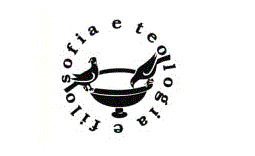


Come riportato da molte testimonianze e analizzato in un’ampia storiografia, la scelta per la Resistenza non avvenne come sbocco naturale e immediato di esperienze e idealità pregresse. Ciò che innescò la scelta e permise di colmare la distanza tra una considerazione negativa del fascismo e la partecipazione alla lotta partigiana fu l’impatto con l’oggettività storica e il suo portato di violenza. Un incontro di natura fenomenologica, prima che cognitiva. Il contributo riflette sulla processualità etico-antropologica che ha permesso al futuro resistente di gestire soggettivamente tale incontro e di cogliere nella «dura necessità» e nell’ingiustizia che innervano la contingenza storica la possibilità di un nuovo ethos e di una nuova forma di politica.
As reported in many testimonies and analysed in a wide range of historiography, the choice for the Resistance did not come about as a natural and immediate outcome of previous experiences and ideals.What triggered the choice, allowing to bridge the gap between a negative consideration of fascism and participation in the partisan struggle, was the impact with historical objectivity and its extent of violence. An impact of a phenomenological nature, rather than cognitive. The article reflects on the ethical-anthropological process that allowed the future resistance fighter to subjectively manage this encounter and to grasp in the «hard necessity» and injustice that innervate the historical contingency the possibility of a new ethos and a new form of politics.